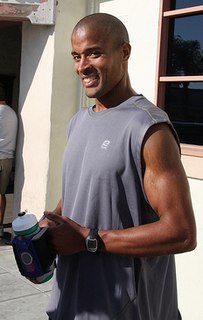A Quote by Azim Premji
To have strongly integrated managers who have a deep understanding of technology is a rare and difficult combination to build. You have to invest a lot in selecting and training these people.
Related Quotes
The biggest challenge is that when people look at low price point products, they essentially invest less money in development, innovation, and new technology. And in order to innovate at a lower price point, and make sustainability attainable to the masses, you have to invest more. But that's counterintuitive for a lot of businesses.
One of my relatives had been asking me on how he could break into AI. For him to learn AI - deep-learning, technically - a lot of facts exist on the Internet, but it is difficult for someone to go and read the right combination of research papers and find blog posts and YouTube videos and figure out themselves on how to learn deep-learning.
When people think the issue can be solved, it becomes a moral imperative to be part of the solution. We can do a lot more within our school districts to recruit aggressively, select people according to high standards, invest in their training and development, and foster and reward their leadership. Once we invest more in attracting, developing and retaining teachers, potential recruits will begin to see it as a profession worth considering.
I have a really deep belief that we create technologies to empower ourselves. We've invented a lot of technology that just makes us all faster and better, and I'm generally a big fan of this. I just want to make sure that this technology stays subservient to people. People are the number one entity there is on this planet.


































